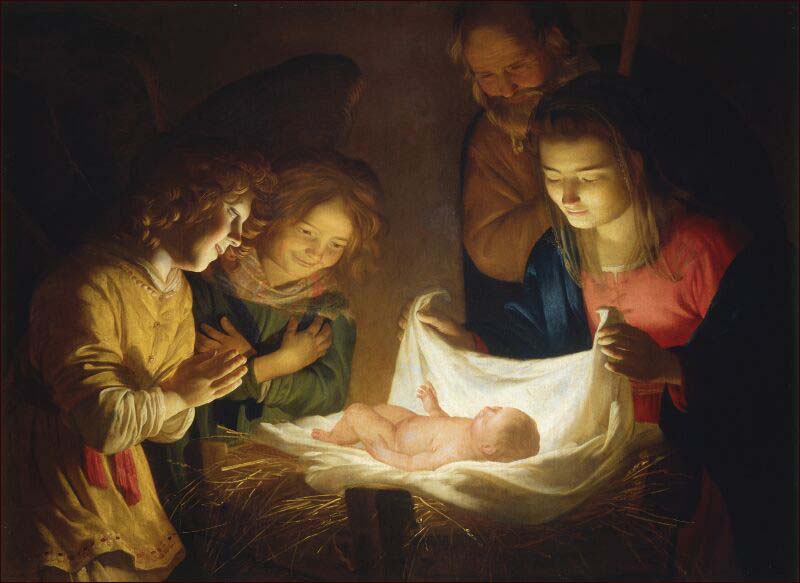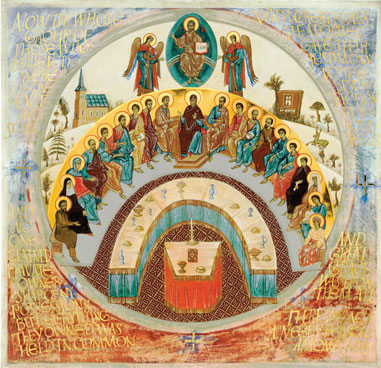- ChurchNext by Eddie Gibbs
In continuing to think about what it means for a congregation of people to be 'church' within a community I was struck by this quote from one Fuller Seminary's own professors. I think what Dr. Gibbs writes here is profound because he doesn't write that Christianity is a "going down" kind of religion. He writes that it is a "going down" religion before it is a "going up religion." The church is not a community of people seeking to be self-sacrificial as an end in itself. The church is a community of people seeking to be self-sacrificial if need be in order to participate in the coming reign of Christ.
The Incarnation, God taking on the form of a human being in Christ, and the crucifixion, Christ's death on the cross, were "going down" kinds of events. However, God did not take on the form of a human being to understand us better and to be able to empathize with our problems. God took on the form of a human being to save humanity! However, It was not through Christ's death on the cross that we are saved. It was through the power of the resurrection that we are saved. The conquering lamb was slain and yet lives to bring judgment and justice to the world.
Thus, as we we seek to live as church in our communities we are called to be a witness to the conquering lamb who was slain. We are called to be a witness to the death and resurrection of Christ, God incarnate; and in doing so, we must be prepared to witness to this truth to whatever end. We must be prepared to give up everything, to even be tortured and killed, or "we will never be in a position to live for Christ," as Gibbs writes. We must be prepared to be a "going down" kind of community in order to meet Christ in his "going up."



